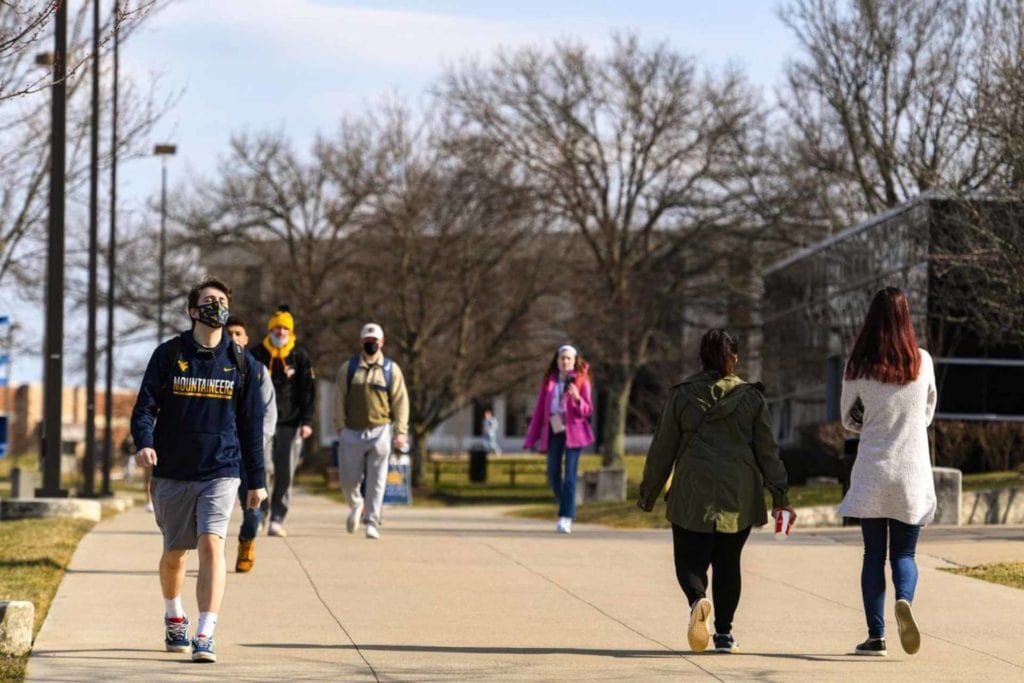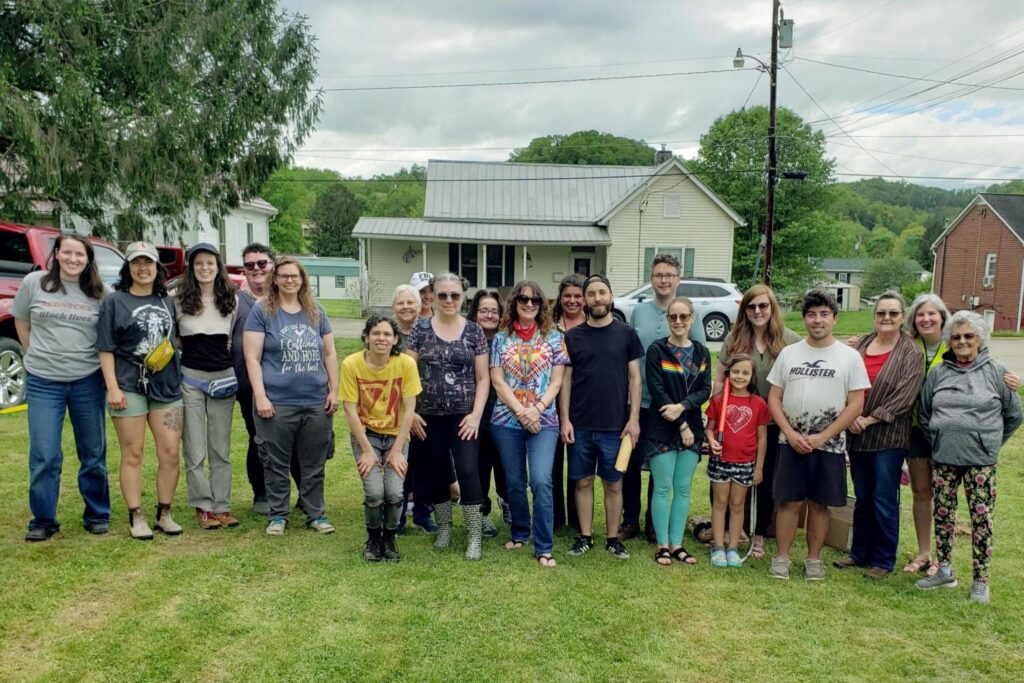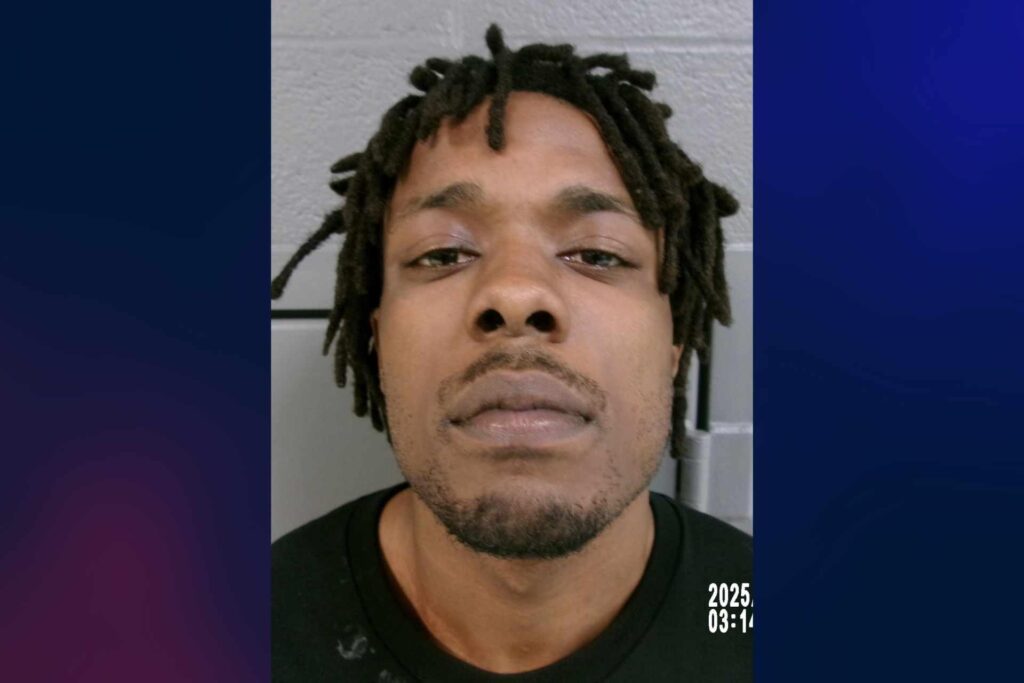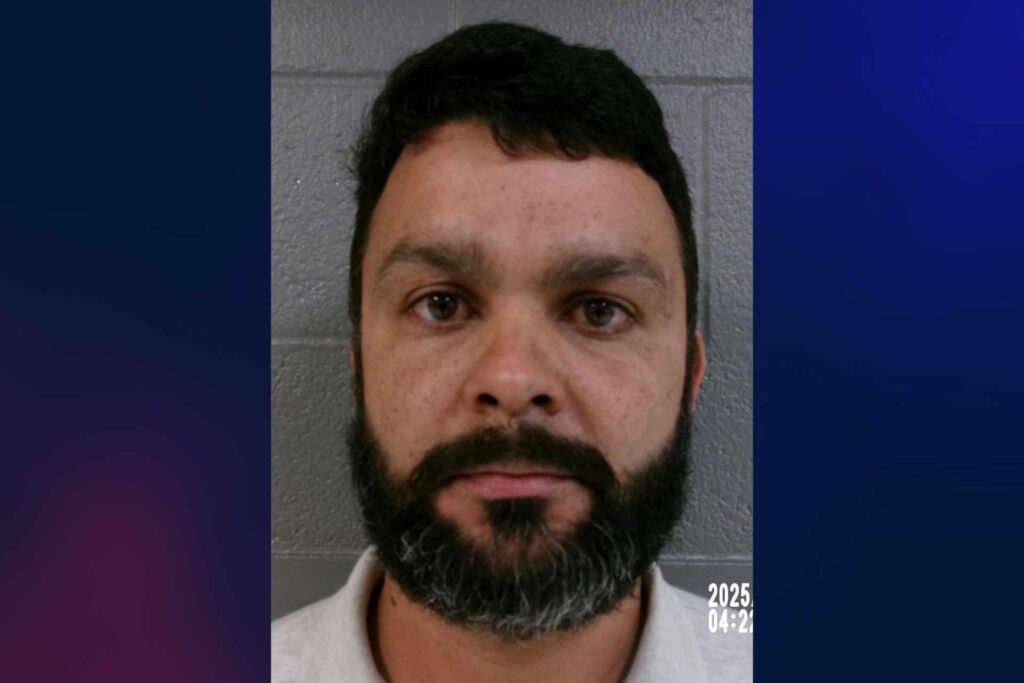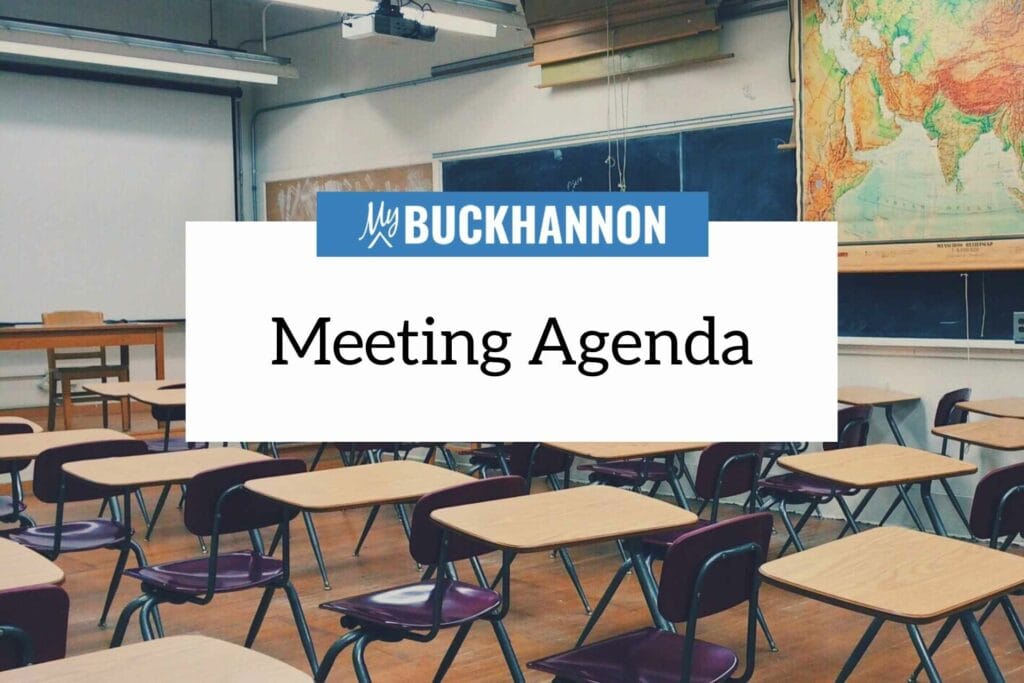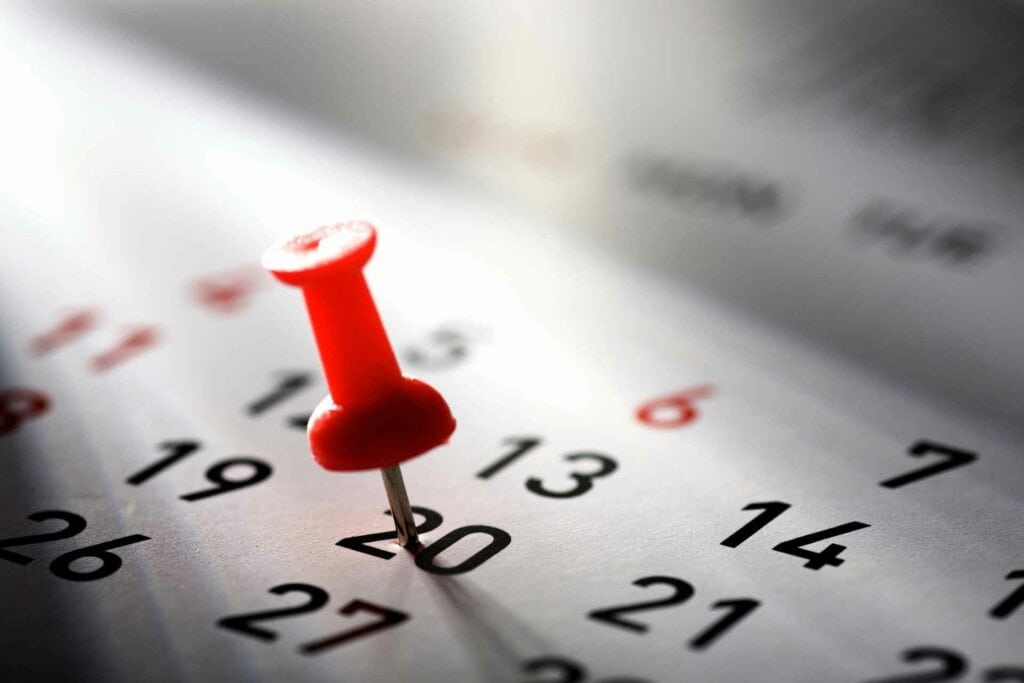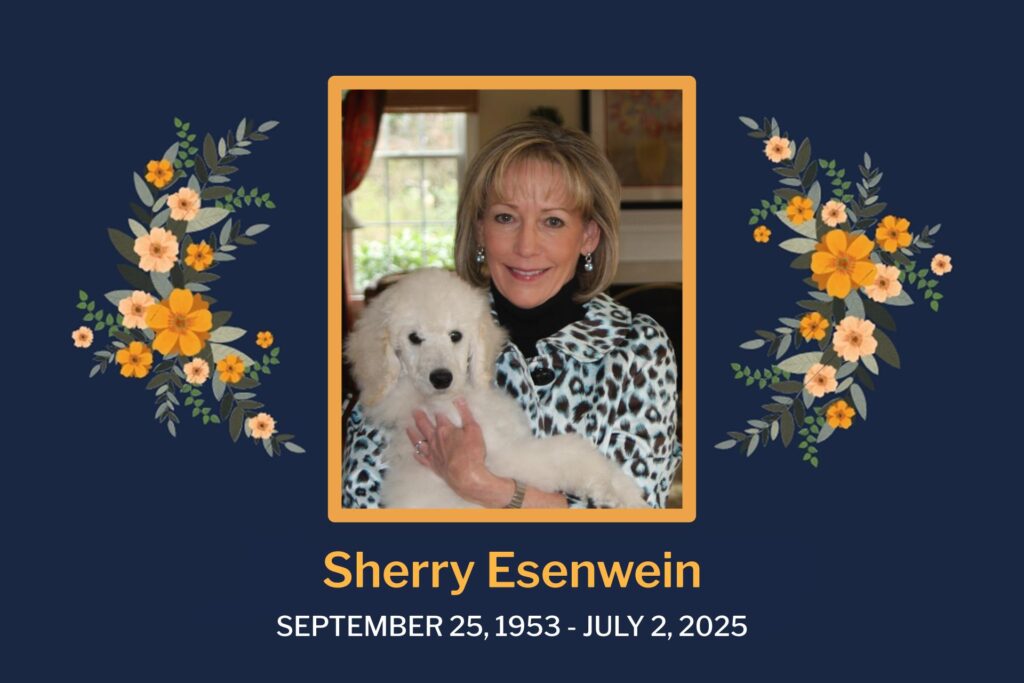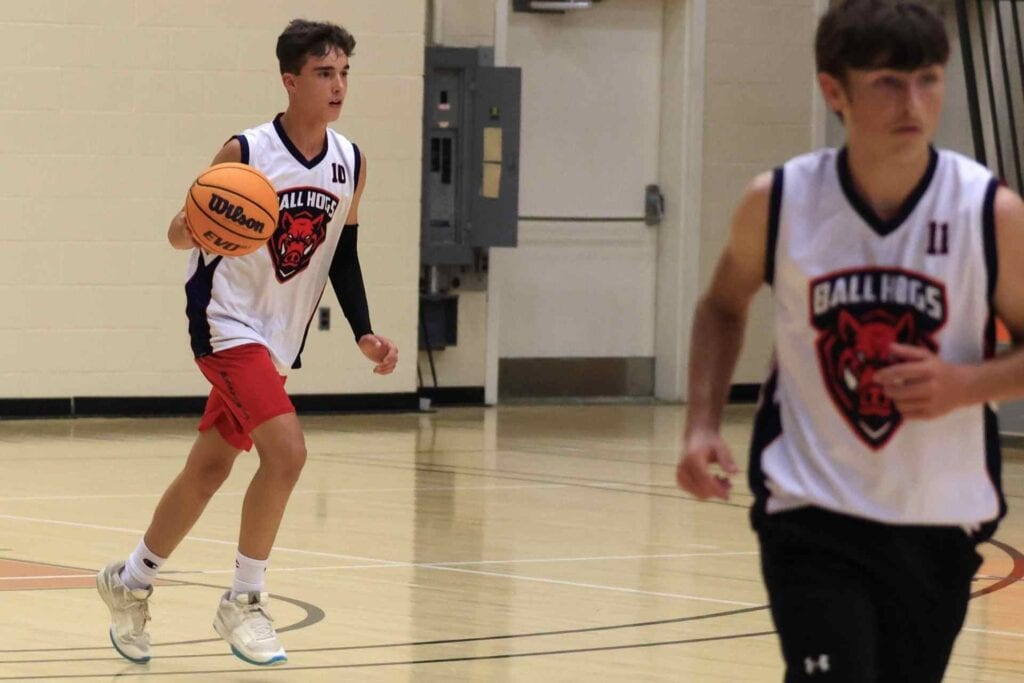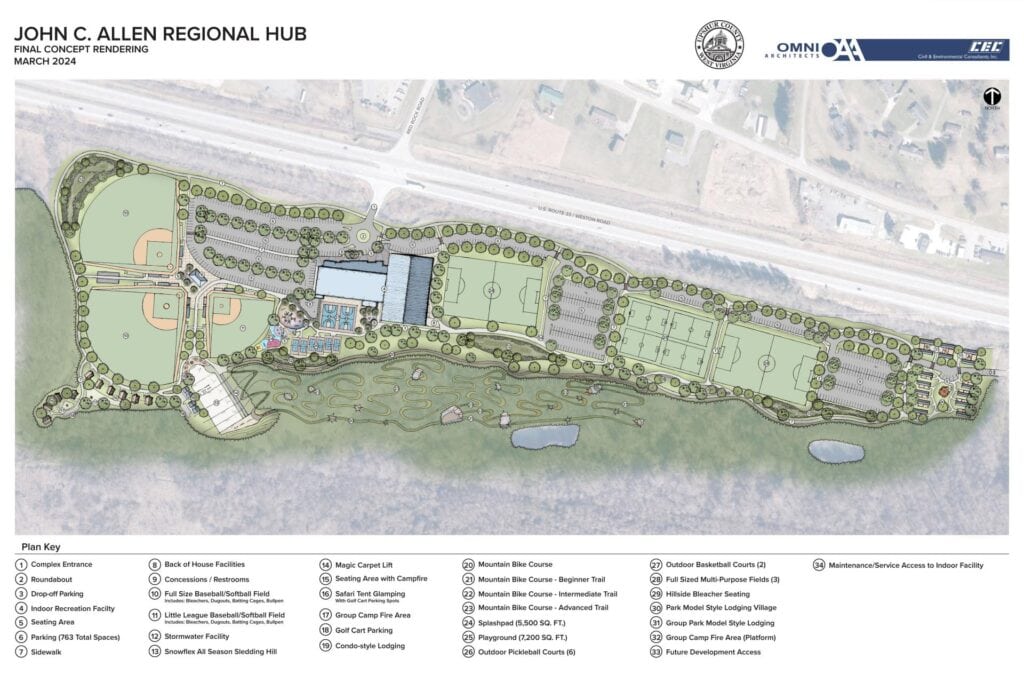Public messages should show respect for individual freedoms and personal choice and leave the politics at the door, if communicators expect compliance, according to researchers at West Virginia University’s John Chambers College of Business and Economics.
Messaging needs to hit the “sweet spot,” said Vijay Bharti, a 2021 business administration graduate looking into the effects of public health messaging during the COVID-19 pandemic.
Bharti led research examining compliance with COVID-19 recommendations and whether public health messaging held any influence. He and his colleagues began collecting data at the start of the COVID-19 pandemic when health officials were strongly urging people to wear masks and practice social distancing. Researchers analyzed tweets as well as responses from 183 study participants surveyed in February 2021. The big takeaway, Bharti said, is that “COVID communications should leave politics out of the messaging.”
The study, “‘You can’t make me do it!’: A model of consumer compliance,” was coauthored with Paula Fitzgerald, professor of business administration, and Elizabeth Gratz, a doctoral candidate in marketing at the time of the research and now an assistant professor of marketing at St. Bonaventure University.
Bharti said communicators should consider three factors that can lead people to react against guidelines like social distancing: whether the messaging makes people feel their freedoms are restricted, whether the messaging fails to address conditions such as “COVID fatigue” which may create a sense of complacency and whether people perceive an action as a matter of personal choice when messaging presents it as an ethical one.
“If communications address these three factors, then we can increase compliance,” he said.
After graduating from WVU, Bharti now has his sights set on becoming a doctor. He believes “a big part of our research could apply to individual doctor-patient relationships and promoting patient compliance with drug prescriptions or physical therapy regimens.”
The research also translates beyond the health care space. Bharti pointed to airplanes, stores and restaurants as challenging environments for customer compliance, and Gratz sees their findings informing a range of “age-old compliance issues, such as age-related compliance, consumption of alcohol, tobacco and cannabis, and even safety compliance at recreational venues like the Astroworld Festival, where 10 deaths and hundreds of injuries last year might have been prevented if safety rules had been better communicated,” she said.
Gratz handled textual analysis of the COVID-19-related tweets that Bharti’s Python script scraped off Twitter: tweets about deaths driven by COVID-19 infection parties, hoaxes and government psychological operations and exhaustion of essential workers. She uncovered repeated patterns of reactions to COVID-19 messaging, laying the groundwork for the hypotheses they’d test in the study’s survey stage.
Survey participants sorted photographs that showed varying degrees of social distancing. They answered questions indicating whether they believed social distancing guidelines were “a blow to freedom,” for example, or how likely they felt their friends and family were to contract COVID-19. And they provided information relating to political ideology.
Analysis revealed those whose politics skewed conservative were more likely than others to see COVID-19 mitigation guidance as a restriction to their freedom and to feel complacent about COVID-19 risks, and less likely than others to “frame COVID mitigation behaviors as behaviors that mitigate harm to others,” Bharti explained.
But it provided no evidence that targeting messaging to a political ideology would build audience buy-in. Instead, they discovered that messaging will be most effective on anyone, regardless of party affiliation, when it emphasizes choice rather than exerts control, when it uses language like “can” rather than “should,” and when it frames actions as personal decisions and avoids assigning a moral stigma to noncompliance.
Creating realistic risk perceptions is critical and tricky, Bharti acknowledged. If the perception of risk is too mild, people won’t protect themselves. If the perception of risk is too heightened and people feel anxiety, they are more likely to suspect scare tactics or experience COVID-19 fatigue.
“Many people tend not to take precautions like mask-wearing anymore. They accept the risk of getting COVID-19 simply due to fatigue. I know I’ve felt this way before, and lack of effective communication is unfortunately what has caused this.”
“COVID fatigue is real,” Bharti’s mentor Fitzgerald confirmed, “but COVID is still very much with us. Vijay’s research is important, primarily because it shows a path to influencing behaviors that may reduce the virus’ transmission that is independent of political ideology.”
“Perhaps,” she said, “we should have focused on family and friends’ well-being from the very beginning of the pandemic.”
Citation:You can’t make me do it!’: A model of consumer compliance
